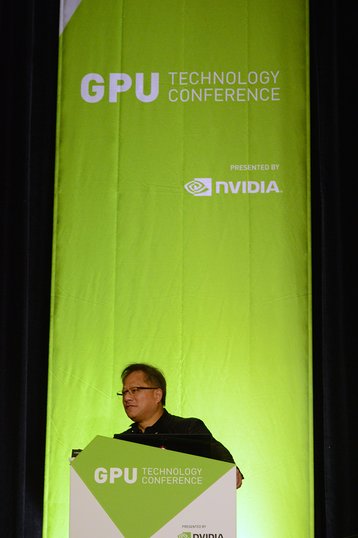GPU giant Nvidia is currently hiring for a government affairs manager to "foster positive relationships with government entities" in China.
The hire comes as the US government limits the sale of its high-end chips to China, putting billions in sales at risk.
Candidates are expected to have a "strong network of contacts and relationships with government agencies, officials, and stakeholders within the Greater China region," and an "in-depth knowledge of the political, regulatory, and legislative landscape in China, with a focus on Beijing."
Successful applicants would have a "proven track record of successfully influencing government policies and shaping the regulatory environment to support business objectives."
Unmentioned in the job ad is the fact that the employee would have to navigate an increasingly tense moment in US-China relations, as the US government restricts sales of chips to China in an attempt to blunt AI development
After the sale of A100 and H100 GPUs were blocked, Nvidia developed the pared-back A800 and H800 product line for China. Local tech giants ordered more than 100,000 A800 GPUs as of last August, but those two chips were then banned under the October update to Washington’s export control regime.
SemiAnalysis reports that Nvidia now plans to release the HGX H20, L20 PCIe, and L2 PCIe chips. The semiconductors are again cut-back variants of existing products, designed to comply with the export rules, but may face bans in the future.
China remains a massive part of Nvidia's revenue - including Hong Kong, it accounted for 22.24 percent of sales in the third quarter. But it has since warned investors of a “significant” drop in sales to China due to the sanctions.
"It's vitally important that the world continues to have a collaborative and open business relationship," Nvidia CEO and founder Jensen Huang told DCD back in 2018.
"China is one-third of Nvidia’s business [at the time]. However, remember, everything we sell to China goes through our distribution partners, gets integrated into computers, it gets integrated into data centers and clouds. The impact to them, to their local market of the local companies is also significant.”
He added: “We have a few thousand employees in China, and so to think about today’s companies as either one country or another country, I don’t think [a trade war] really makes sense.
“We sell to China, we have partners in China, China’s ecosystem and economy depends on our technology. We have a lot of great employees in China, they contribute to the creation of products here.”
Since 2018, as US-China relations have soured and chip sales have come under the spotlight, Nvidia has sought to boost its political influence. A Forbes report earlier this year noted that the company has been aggressively hiring Washington lobbyists after spending just $350,000 on lobbying last year.
Beyond just lost sales in the short term, sanctions risk encouraging local development of semiconductors that could one day lead to new competitors both within China and outise the country.








